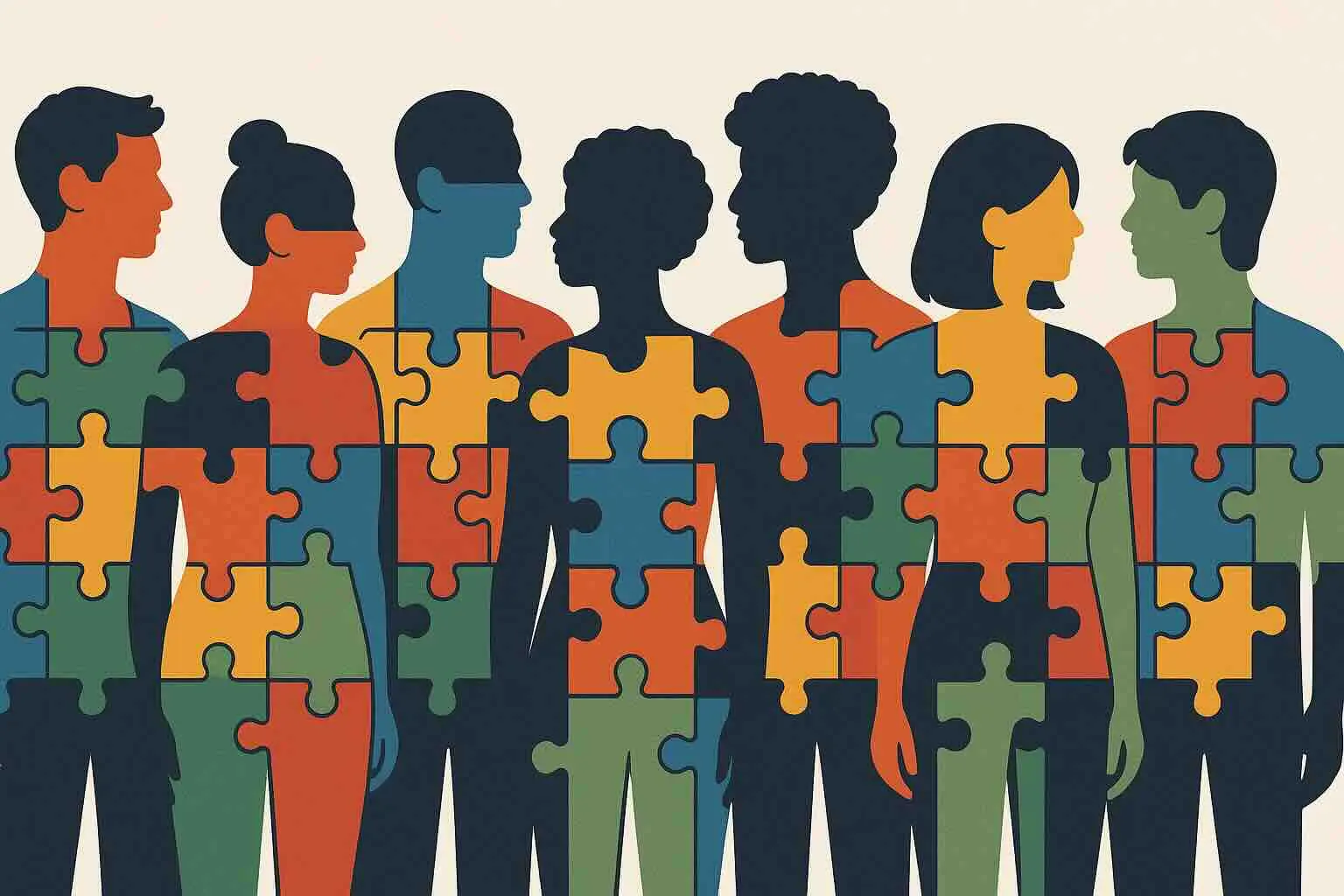What Is Personality?
Personality encompasses the distinctive, enduring patterns of thoughts, emotions, and behaviors that define how individuals interact with their environment and others. Shaped by the interplay of genetics, early experiences, and culture, personality influences coping styles, relationship dynamics, and personal well-being. While generally stable, personality can evolve through intentional self-reflection and therapeutic intervention.
When Personality Traits Become Maladaptive
Personality only warrants professional attention when inflexible traits cause significant distress or impairment across multiple domains. Signs include:
- Difficulty forming or maintaining relationships
- Chronic impulsivity or risky behaviors
- Persistent emotional instability or intense mood swings
- Distorted self-image or identity confusion
- Inability to adapt to change or stress
- Excessive suspicion, rigidity, or perfectionism
These patterns may indicate a personality disorder when they are pervasive, enduring, and harmful.
Key Personality Models
Five-Factor Model (Big Five)
Describes personality along five broad dimensions:
- Openness (creative vs. conventional)
- Conscientiousness (organized vs. spontaneous)
- Extraversion (outgoing vs. reserved)
- Agreeableness (compassionate vs. analytical)
- Neuroticism (sensitive vs. emotionally stable)
Other Frameworks
- Myers-Briggs Type Indicator (MBTI): 16 personality types based on four dichotomies
- Enneagram: 9 interconnected personality styles
- DISC: Dominance, Influence, Steadiness, Conscientiousness
Each model offers unique insights but should be used as a guide—not a rigid label.
Assessing Personality
Comprehensive evaluation involves:
- Structured Inventories: NEO-PI-R for Big Five; MMPI-2 for broader psychopathology
- Self-Report Questionnaires: Capture subjective trait levels
- Projective Tests: Rorschach or Thematic Apperception Test for underlying drives
- Clinical Interviews: Detailed exploration of patterns, history, and functional impact
- 360-Degree Feedback: Observations from peers or family in organizational contexts
- Behavioral Observations: Noting interpersonal styles in real-life situations
Professional interpretation ensures accuracy and actionable insights.
Therapeutic Approaches for Personality-Related Issues
1. Cognitive Behavioral Therapy (CBT)
Targets maladaptive beliefs and behaviors, with strong evidence for reducing trait-driven distress and improving coping skills.
2. Dialectical Behavior Therapy (DBT)
Developed for emotional dysregulation, DBT teaches mindfulness, distress tolerance, emotion regulation, and interpersonal effectiveness—critical for borderline‐style patterns.
3. Schema Therapy
Addresses deeply rooted maladaptive schemas from early experiences, combining CBT, attachment theory, and experiential techniques.
4. Mentalization-Based Treatment (MBT)
Enhances capacity to understand one’s own and others’ mental states, improving social cognition and relationship stability.
5. Transference-Focused Psychotherapy (TFP)
Utilizes the therapist‐patient relationship to explore and integrate split self-representations, particularly in borderline presentations.
6. Acceptance and Commitment Therapy (ACT)
Fosters psychological flexibility by accepting inner experiences and committing to value-aligned actions, aiding rigid or avoidant traits.
How Noah AI Supports Personality Development
Noah AI complements therapy by providing:
- Trait Awareness Exercises: Interactive modules to map your Big Five profile and highlight growth areas.
- Cognitive Restructuring Tools: Guided prompts to challenge rigid or self-defeating beliefs.
- Emotion Regulation Practices: DBT-inspired mindfulness and distress-tolerance mini-sessions on demand.
- Schema Reflection Journals: Structured prompts to uncover early patterns and rehearse new narratives.
- Values Clarification Work: ACT-based exercises for defining personal values and taking aligned action.
- Social Skills Drills: Role-play scenarios and feedback to enhance mentalization and interpersonal effectiveness.
By integrating these techniques into daily routines, Noah AI fosters gradual personality growth and resilience.
Frequently Asked Questions
Q1: Can personality change?
Yes. While core traits remain relatively stable, targeted interventions—like CBT or schema therapy—can shift patterns of thought, behavior, and emotion over time.
Q2: Which model is best?
The Big Five provides the strongest research foundation, but other models (MBTI, Enneagram) can offer complementary perspectives on personal development.
Q3: How long does personality treatment take?
Personality‐focused therapies often require longer durations (6–18 months) due to the depth of ingrained patterns.
Q4: Can Noah AI replace therapy?
Noah AI supplements rather than replaces professional treatment, reinforcing skills between sessions and providing on-demand practice.
Q5: How do I know if I need therapy for personality issues?
Consider professional support if traits cause chronic distress, disrupt relationships, or impair functioning at work or home.
Conclusion
Personality shapes every aspect of our lives—from how we cope with stress to how we connect with others. While traits serve as enduring guides, maladaptive patterns can be reshaped through evidence‐based therapies like CBT, DBT, schema therapy, and ACT. Noah AI extends these approaches into your daily life with interactive exercises, guided reflections, and just‐in‐time support—empowering you to cultivate adaptive traits, improve relationships, and navigate life’s challenges with greater flexibility and insight.
Ready to embark on your personality growth journey?
Download the Noah AI app for iPhone and Android today for personalized, round‐the‐clock support in enhancing self‐awareness and building healthier patterns.
References
- What is Cognitive Behavioral Therapy? A Complete Guide to Evidence-Based Mental Health Treatment https://heynoah.ai/blog/what-is-cognitive-behavioral-therapy-a-complete-guide-to-evidence-based-mental-health-treatment
- What is Acceptance and Commitment Therapy (ACT): A Comprehensive Guide to Mindfulness and Values-Based Change https://heynoah.ai/blog/what-is-acceptance-and-commitment-therapy-act-a-comprehensive-guide-to-mindfulness-and-values-based-change
- What is Dialectical Behavior Therapy? Understanding the Evidence-Based Treatment for Emotional Regulation https://heynoah.ai/blog/what-is-dialectical-behavior-therapy-understanding-the-evidence-based-treatment-for-emotional-regulation







